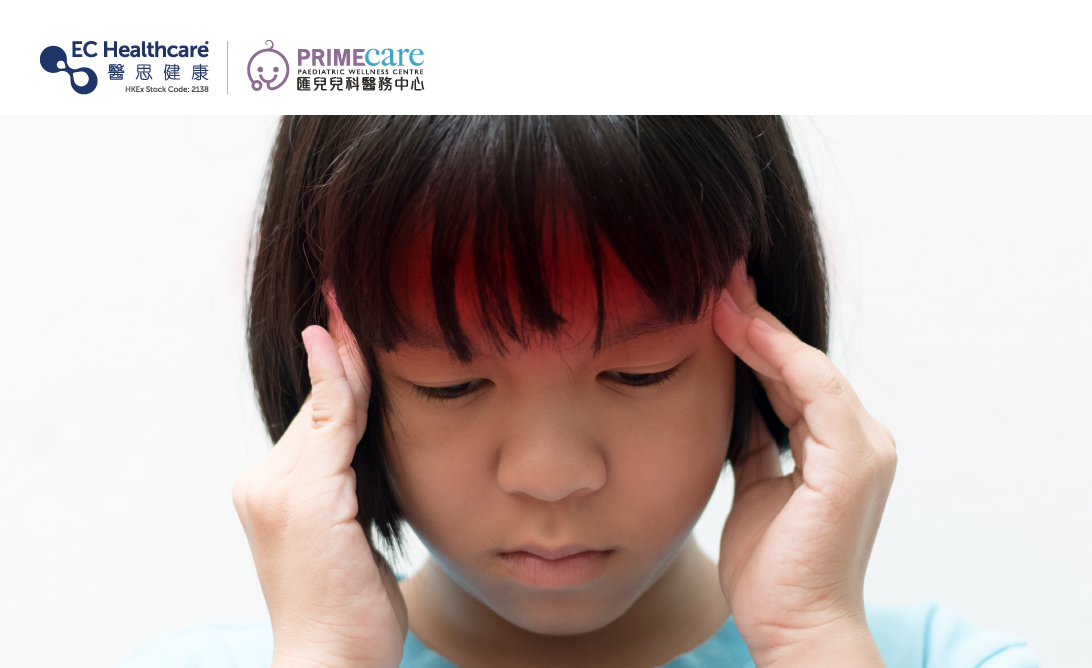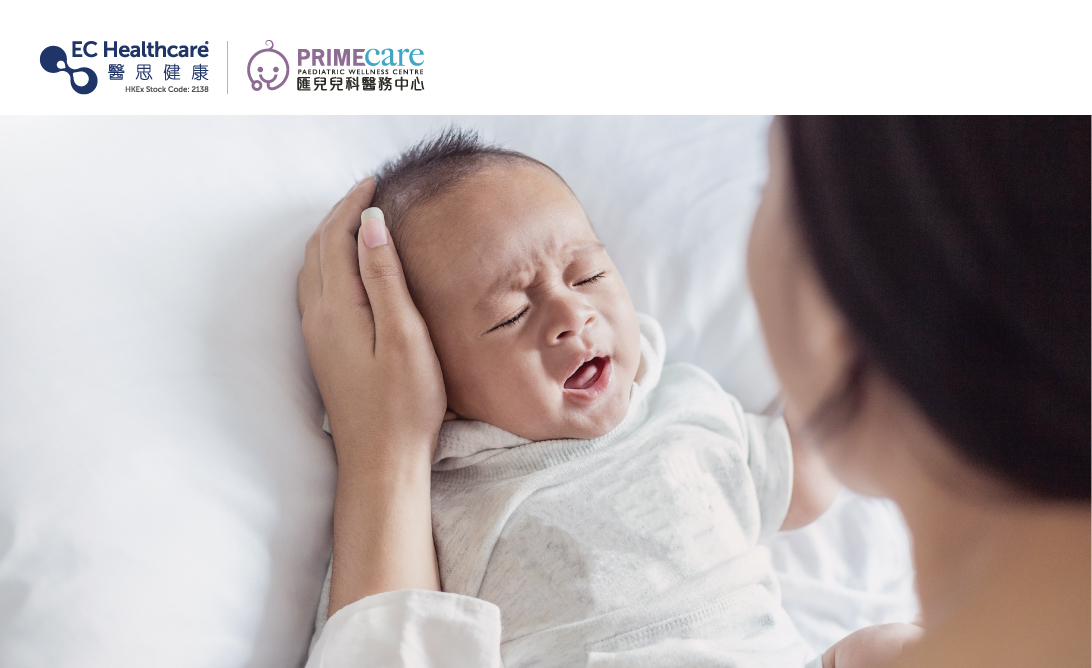Meningitis: Fatal within 24 Hours? Join in Observing World Meningitis Day


In an effort to raise public awareness about meningitis prevention, the Confederation of Meningitis Organisations has designated October 5th as World Meningitis Day, urging the public to pay closer attention to this disease.
Meningitis, a high-risk disease that poses a serious threat to children's safety worldwide, affects approximately 2 million people annually. According to statistics from the Hong Kong Paediatric Society and the Hong Kong Society for Paediatric Immunology Allergy and Infectious Diseases, as of August this year, there have been five recorded cases of meningococcal meningitis in Hong Kong.
The societies emphasize that invasive meningococcal meningitis, caused by infection with meningococcus, leads to death within 24 hours in 90% of children and adolescents, making it an undeniable and significant threat that cannot be ignored.
Meningitis: Often Misdiagnosed as a Cold, Can Worsen Within 24 Hours
Meningitis is an acute or chronic inflammation that occurs in the meninges, the protective membranes surrounding the brain and spinal cord. It is commonly transmitted through respiratory droplets from coughing, sneezing, or contact with respiratory secretions.
Mistaken for a common cold, the early symptoms of meningitis, such as fever, headache, and muscle aches, can easily be confused and misunderstood. However, within a few days, the condition typically worsens, leading to severe signs such as persistent high fever, confusion, and seizures.
Once infected, meningitis can rapidly deteriorate within a short period, resulting in death within 24 hours or causing lifelong disabilities. Even in cases of successful recovery, residual neurological and brain-related sequelae may persist, such as intellectual disabilities and hearing loss.
Hong Kong's B-type Meningococcal Infection: Parents Must Be Vigilant
The bacteria responsible for meningococcal meningitis are classified into six serogroups: A, B, C, W, X, and Y. In Hong Kong, more than half of meningococcal infections are caused by serogroup B, with fatalities from B-type infections being nearly 50% higher than those caused by W-type or Y-type strains.
To safeguard against meningococcal bacteria and protect their infants aged 0-4 with lower immune defenses, parents are urged to promptly vaccinate them. Contracting meningitis can have lifelong consequences, placing a heavy burden on both the affected individuals and their families.
Primecare Introduces New Meningococcal B Vaccine
With the well-being of the public in mind, Primecare has introduced a new B-type meningococcal vaccine specifically targeting the prevalent and high-fatality B-type strains in Hong Kong. This advanced vaccine offers superior protection against meningitis compared to standard vaccines.
Vaccine is approved by the US FDA and EU EMA for infants as young as 2 months old. According to the Hong Kong Centre for Health Protection, post-vaccination protection rates reach an impressive 95-100%, making it the most effective method for preventing B-type meningococcal infections. Parents are encouraged to prioritize early vaccination for their infants, ensuring their health and safety.





Vaccination Schedule:
Infants at 2 months old: Primary immunization consists of 3 doses
Administer 3 doses consecutively, with intervals of at least 1 month or more. Then, administer a booster dose at 12 months or older, with a minimum interval of 6 months after the third dose.
Infants aged 3 to 11 months: Primary immunization consists of 2 doses
Administer 2 doses consecutively, with intervals of at least 2 months or more. Then, administer a booster dose at 12 months or older, with a minimum interval of 2 months after the second dose.
Infants aged 12 to 23 months: Primary immunization consists of 2 doses
Administer 2 doses consecutively, with intervals of at least 2 months or more. Then, administer a booster dose within 12 to 23 months after the second dose.
Children aged 2 years or older: Primary immunization consists of 2 doses, with intervals of at least 1 month or more.
Related Brands



